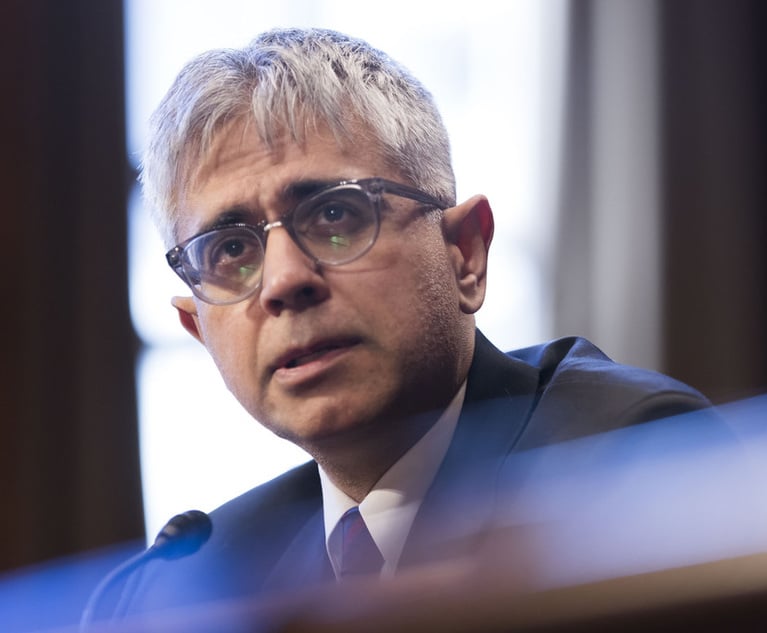On a national level, 37 states have instituted some type of cannabis law reform policies: 11 states have legalized adult use cannabis, 15 states have decriminalized cannabis use, and 11 states have legalized medicinal cannabis. Despite more than half of the country legalizing or decriminalizing cannabis, law enforcement still made more than 6.1 million cannabis arrests over the past eight years. By comparison, police made more arrests for cannabis possession than for all violent crimes combined. A closer look at the numbers reveals that, on average, a Black person is 3.64 times more likely to be arrested than a white person, even though reports consistently show that Black and white people use cannabis at similar rates. In some states, however, Black people were up to six, eight or almost 10 times more likely to be arrested. (ACLU report, April 20, 2020, “A Tale of Two Countries: Racially Targeted Arrests in the Era of Marijuana Reform.”)
On a state level, New Jersey consistently ranks as one of the top three states in the U.S. with the highest cannabis arrest rates, along with Texas and New York. Despite legalizing medicinal cannabis in 2012 and expanding the medicinal cannabis program in 2018, cannabis arrests have increased by 45.6% between 2010 and 2018 according to the ACLU. In 2017, New Jersey police made almost 38,000 arrests for marijuana possession/distribution, equating to 95 arrests per day. Consistent with national statistics, on average, Black people in New Jersey were 3.5 times more likely to be arrested for cannabis possession than white people, increasing from 2.81 times in 2010. However, in some counties, Black people were 7.5 (Warren), 9.34 (Morris) and 13.71 (Hunterdon) times more likely to be arrested for cannabis possession. All but 7 counties in New Jersey had a racial disparity above the national average.


 Yarygin/Shutterstock.com
Yarygin/Shutterstock.com




